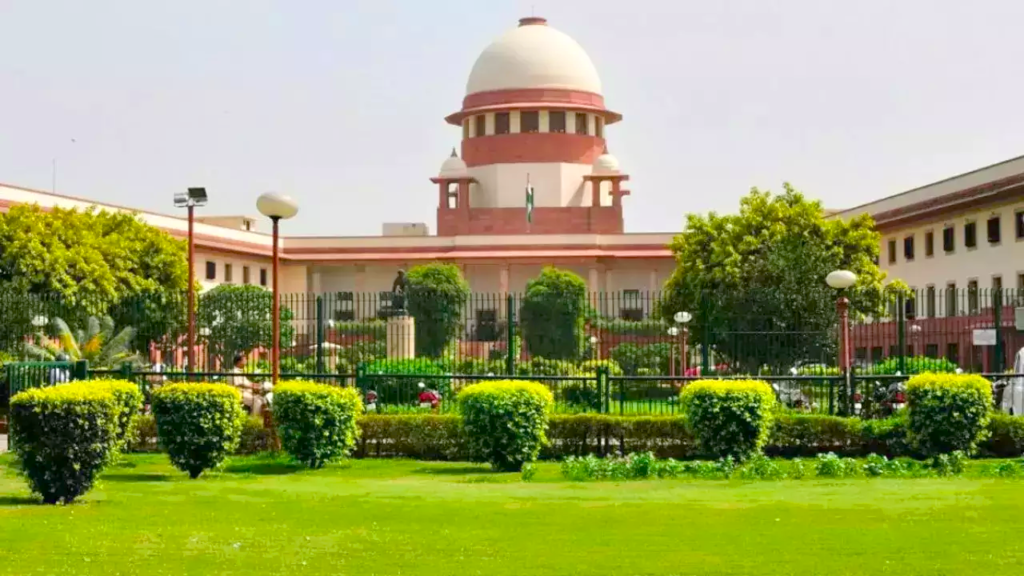The Supreme Court rules that state Bar Councils cannot charge excessive enrolment fees, emphasizing equality and compliance with the Advocates Act.
Supreme Court Verdict on Enrolment Fees
On Tuesday, the Supreme Court delivered a significant ruling against the practice of state Bar Councils charging excessive enrolment fees from law graduates. The Court emphasized that such fees must align with the stipulations set forth in the Advocates Act, 1961, highlighting the act’s provision that caps enrolment fees to ensure accessibility to the legal profession.
A bench of three judges, led by Chief Justice of India D.Y. Chandrachud, addressed several petitions that contested the exorbitant enrolment fees imposed by various state Bar Councils. The bench concluded that charging fees beyond the legal stipulations of the Advocates Act contravenes Articles 14 and 19(1)(g) of the Indian Constitution, which uphold equality and freedom of profession. The ruling underscores that state Bar Councils cannot levy fees that surpass the statutory enrolment fee, emphasizing the need for adherence to legal guidelines.
Advocates Act: Fee Structure and Compliance
The Advocates Act, particularly Section 24(1)(f), mandates a fee structure of ₹600 to the State Bar Councils and ₹150 to the Bar Council of India for enrolment, alongside the requisite stamp duty. The Court highlighted that the imposition of additional fees by state Bar Councils creates unauthorized financial burdens on aspiring advocates, which is not supported by any provision in the Advocates Act. Consequently, the collection of such miscellaneous fees at the time of enrolment represents an unwarranted obligation not envisioned by the legislation.
The bench, which also included Justices J.B. Pardiwala and Manoj Misra, pointed out that these additional fees essentially act as a barrier to enrolment. Prospective advocates are compelled to pay these fees, failing which their enrolment is hindered. This practice, according to the Court, undermines the purpose of the statutory fee caps and imposes undue financial pressure on candidates entering the legal profession.
Ensuring Equality in the Legal Profession
The Supreme Court’s ruling emphasized the importance of dignity and equality in the legal profession, noting that exorbitant fees at the point of enrolment undermine these principles. Such practices disproportionately affect individuals from marginalized and economically disadvantaged backgrounds, creating systemic barriers to entering the legal field. By enforcing unnecessary financial burdens, the current enrolment fee structure is inconsistent with the ideals of substantive equality, the Court observed.
The decision highlighted that inflated enrolment fees compromise the dignity of individuals who face socio-economic challenges, thereby perpetuating systemic discrimination. The ruling urges a revision of the enrolment fee structure to foster inclusivity and equitable access to the legal profession.
Directives to State Bar Councils
In its directive, the Supreme Court instructed the state Bar Councils and the Bar Council of India to align their enrolment fee practices with the Advocates Act. The ruling mandates strict adherence to the prescribed fee structure, ensuring that no additional charges are levied under any guise. By doing so, the Court aims to eliminate financial barriers that hinder equal access to the legal profession and uphold the constitutional values of equality and fairness.
Now You Can Follow Our Channel On WhatsApp!

